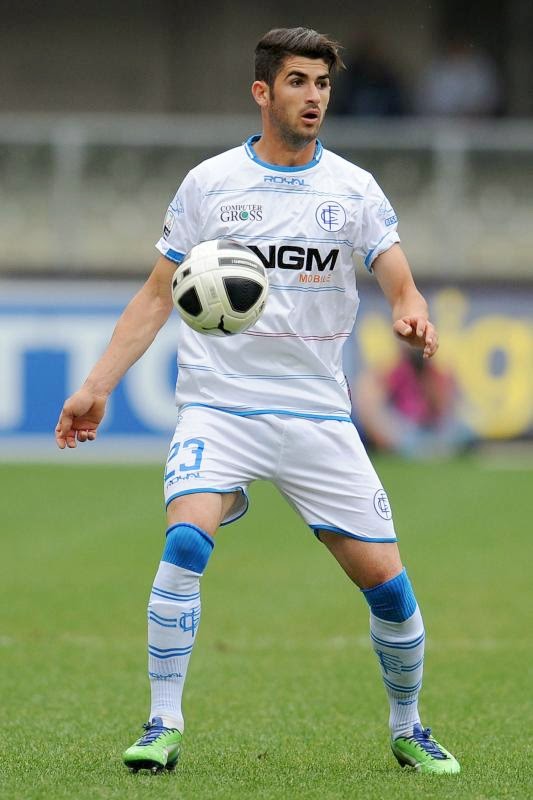Albania’s women's national football team began their preliminary qualifying campaign for the FIFA Women’s World Cup Canada 2015™ as an unknown quantity, but they ended it having written their names in the history books. With two wins and a draw, the country from southeast Europe managed to reach the UEFA qualifying competition group stage – a truly remarkable achievement, especially considering it had only played its first women’s international as recently as May 2011.
Now as they prepare to test their mettle against some of the biggest names in international football, FIFA.com caught up with the man largely responsible for this progress: Altin Rraklli, ex-Hertha BSC, SC Freiburg and SpVgg Unterhaching player, former Albanian international and, since 2011, the women’s national team coach.
“I’m delighted with how well things have gone, especially if you consider how young this team is,” he said in an exclusive interview. “We’ve extracted the maximum from what we have. And it’s not just me that deserves credit.
“The Albanian football federation has done great work to support women’s football. The federation president, for example, has really helped us a lot, and FIFA and UEFA have also introduced coaching courses that we have made use of. There is a whole group of people who have played their part in our achieving these impressive results,” Rraklli continued, referring to a superb run of form that culminated in their reaching the qualification stage for the Women's World Cup.
Every game a great experienceAlbania are competing with Norway, Belgium, the Netherlands, Portugal and Greece for a place at the 2015 showpiece event, but even though the Group 5 opposition appears daunting, Rraklli and his team are simply embracing each game. “Every team in our group is a big name, the best of the best. The only one missing is Germany,” said the 43-year-old with a grin.
“It’s a really great experience for us to be here. We’ll learn from every match, regardless of whether we win, how many goals we concede, if we lose or even lose heavily. Obviously we’ll try to improve and develop with every game, and strengthen the team with new players. And if we’re not bottom of the table at the end of it, that would be fantastic!”
In fact, Albania have actually come a step closer to reaching that modest target. On 30 October, Rraklli’s charges celebrated their first win of the group stage, beating Greece 1-0 in the Niko Dovana Stadium.
“We’re moving in the right direction but there’s a lot to do still. We still have a few games ahead of us, and our last match is away to Greece, who are obviously our closest competitor. The other teams are very strong, and we’ll be lucky if we can get anything from them. But we’ll see what we can take from the Portugal match. Every game is a great experience for us.”
Making football compulsoryWomen’s football in Albania might be on the up at the moment, but it is a project still very much in its infancy. “It’s a completely new sport for the country,” says Rraklli. “It will take time, that’s for sure. In Germany, women have been playing for 40 years. Success doesn’t just happen overnight.”
A women’s football league championship has been contested in Albania for four years now, with eight teams currently competing, and Rraklli has had as important role as anybody in its establishment. In 2008 he founded the women’s football club Tirana AS, leading them to the championship title the following year.
The 63-time Albanian international shows no sign of slowing down in his efforts to promote the women’s game in his homeland. “I’ve held discussions with the powers that be at the Albanian FA and with the government’s Ministry for Sport about the possibility of having one hour of compulsory football per day introduced in girls’ schools. That would give women’s football an even bigger boost.”
As a leading man in Albanian football, Rraklli is often asked where his passion for driving the women’s game comes from. It’s a question for which he has a ready-made response: “The word ‘football’ doesn’t make a distinction between men and women. Football is a game with 22 players and one ball, and it’s the same for men and women.”























